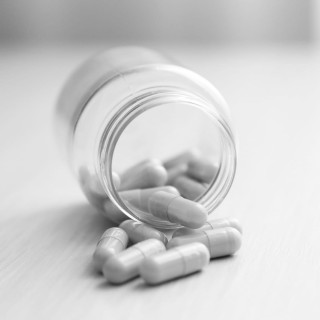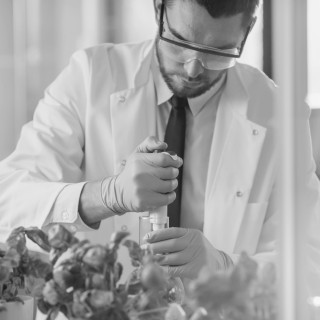
GERMANY - RECOMMENDATIONS FOR ADEQUATE IODINE INTAKES
Germany
Mar 29, 2020
The German Federal Institute for Risk Assessment considers that Iodine intakes of the German population are suboptimal. The institute argues that intakes from agricultural products may not be sufficient to meet the recommended dietary intakes as German soil is generally poor Iodine.
The Instituteâs recommendation has listed the recommended intakes for the different population groups; infants, children with different intakes depending on age, adolescents and adults (divided between 15 to 51 year old and 51 years and older), pregnant women and breastfeeding women, and compared them to estimated intakes in Germany.
Sufficient intake levels can be obtained through the daily consumption of milk and dairy products, consumption of sea fish once or twice a week, consistent use of iodised salt in the household and the preferential purchase of foods produced with iodized salt. Considering animal food sources are an important source of Iodine, vegetarians and vegans, or people with certain other special diets, should pay attention that they consume sufficient Iodine. Also pregnant women and breastfeeding mothers have increased Iodine requirements.
It is not recommended to consume seaweed and kelp to meet recommended intake levels as the levels of iodine may be very concentrated and could lead to intakes above the tolerable upper level. The Institute also recommends to limit intake and supplementation for adults to 500 micrograms of iodine per day.
Das Bundesinstitut für Risikobewertung: Iodine intake in Germany on the decline again - tips for a good iodine supply - link













